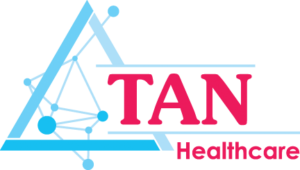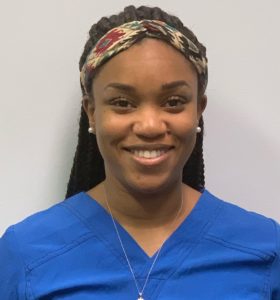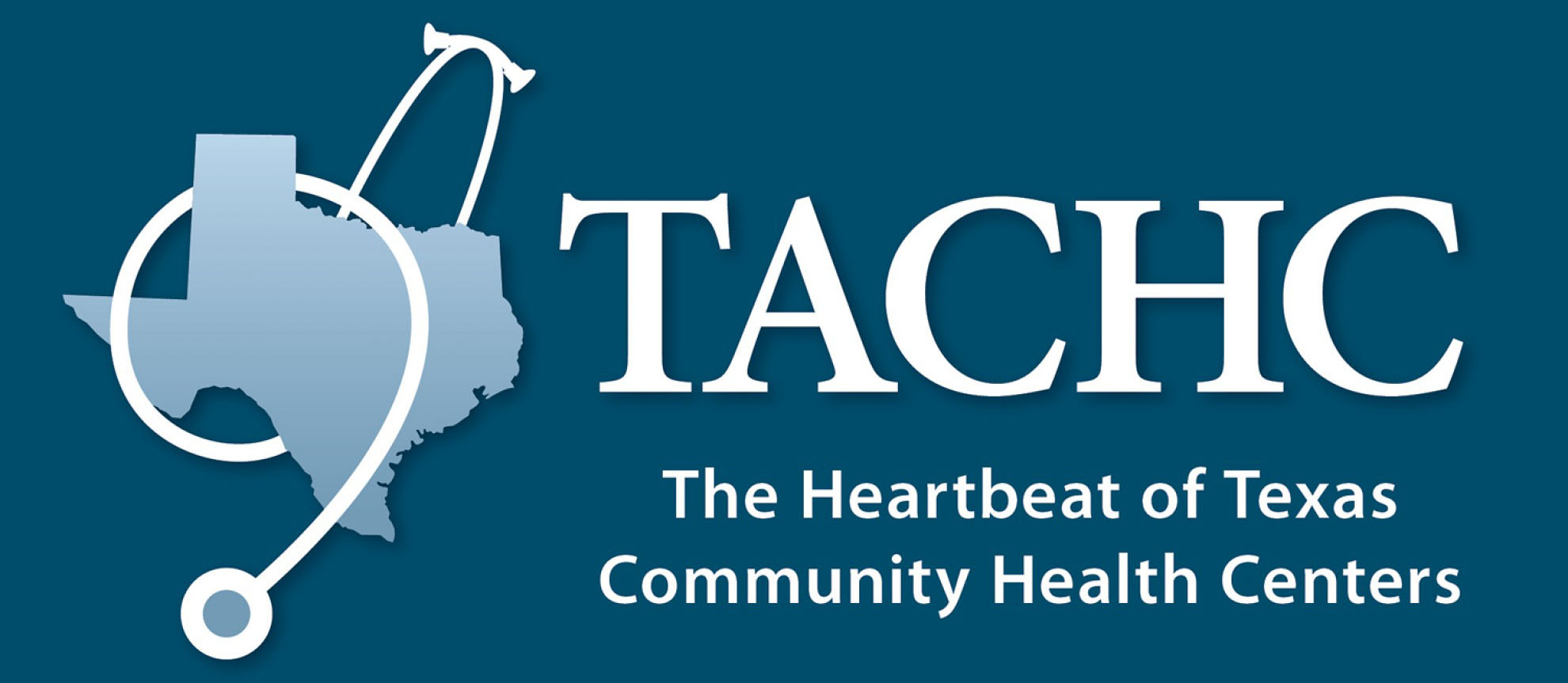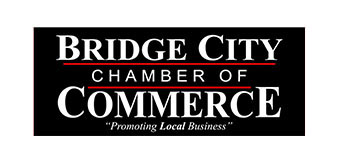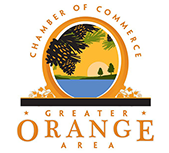A person’s personal health should be a top priority all of the time – it takes a little initiative and, perhaps more than anything, awareness and education about one’s body and personal health risks.
The Southeast Texas Health Education Conference, “Do the M.A.T.H.” is one way that we as healthcare providers are making strides toward helping patients become proactive in their healthcare – we want them to ask questions, to be open to discussing all of their medical concerns with us. Not only will this health education conference give nurses and nursing students the opportunity to earn 5 CNE hours, it will give doctors and other health service professionals the opportunity to learn a little more about how to initiate open conversations with our patients.
Our entire team is especially excited to hear Dr. Joel Amundson’s presentation on measles. His talk, “Vaccine Hesitancy: An Innovative Model for addressing Root Causes,” is going to address some issues that are top-of-mind for a lot of providers in the Beaumont and Orange communities.
Personally, I’m all for one to do research about the MMR (Measles, Mumps, Rubella) vaccine, and make a decision based on what they want their child to have. Dr. Amundson’s presentation will hopefully help us enhance the conversations we have with families planning for vaccination and help them to make healthy choices.
For example, parents should remember that their child may eventually go on to pursue higher education, and they very well may pick a career that will require multiple vaccinations. Helping families to consider both the short and long-term implications surrounding vaccine choices will have to be a part of that conversation providers have with them.
Those conversations are something that we as providers are likely to face more and more often when you consider the social media aspect of it. The numerous Facebook groups that post about vaccination and share anti-vaccination material hold a lot of influence and there are a lot of people going along with the anti-vaccination trend.
For a clinician, it seems obvious that the decrease in mortality from diseases like measles, mumps, and rubella over the past decades is because of the vaccinations – not in spite of them. Making that a part of the conversation with patients who are wrestling with the idea of vaccinations is key.
That type of engagement is one thing that I really love about TAN Healthcare and the Do the M.A.T.H. conference; TAN is doing much more than serving as a primary care clinic, we’re actually going out and working to reach the community. We’re taking on the challenge of opening a dialogue between providers and patients, as well as with the healthcare community so that we can build a healthier future for our communities together.
—Jaimie Grimes, APRN, FNP-C
A person’s personal health should be a top priority all of the time – it takes a little initiative and, perhaps more than anything, awareness and education about one’s body and personal health risks.
The Southeast Texas Health Education Conference, “Do the M.A.T.H.” is one way that we as healthcare providers are making strides toward helping patients become proactive in their healthcare – we want them to ask questions, to be open to discussing all of their medical concerns with us. Not only will this health education conference give nurses and nursing students the opportunity to earn 5 CNE hours, it will give doctors and other health service professionals the opportunity to learn a little more about how to initiate open conversations with our patients.
Our entire team is especially excited to hear Dr. Joel Amundson’s presentation on measles. His talk, “Vaccine Hesitancy: An Innovative Model for addressing Root Causes,” is going to address some issues that are top-of-mind for a lot of providers in the Beaumont and Orange communities.
Personally, I’m all for one to do research about the MMR (Measles, Mumps, Rubella) vaccine, and make a decision based on what they want their child to have. Dr. Amundson’s presentation will hopefully help us enhance the conversations we have with families planning for vaccination and help them to make healthy choices.
For example, parents should remember that their child may eventually go on to pursue higher education, and they very well may pick a career that will require multiple vaccinations. Helping families to consider both the short and long-term implications surrounding vaccine choices will have to be a part of that conversation providers have with them.
Those conversations are something that we as providers are likely to face more and more often when you consider the social media aspect of it. The numerous Facebook groups that post about vaccination and share anti-vaccination material hold a lot of influence and there are a lot of people going along with the anti-vaccination trend.
For a clinician, it seems obvious that the decrease in mortality from diseases like measles, mumps, and rubella over the past decades is because of the vaccinations – not in spite of them. Making that a part of the conversation with patients who are wrestling with the idea of vaccinations is key.
That type of engagement is one thing that I really love about TAN Healthcare and the Do the M.A.T.H. conference; TAN is doing much more than serving as a primary care clinic, we’re actually going out and working to reach the community. We’re taking on the challenge of opening a dialogue between providers and patients, as well as with the healthcare community so that we can build a healthier future for our communities together.
—Jaimie Grimes, APRN, FNP-C
